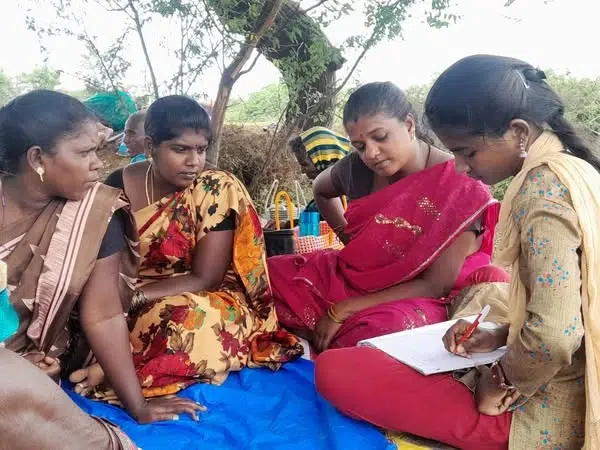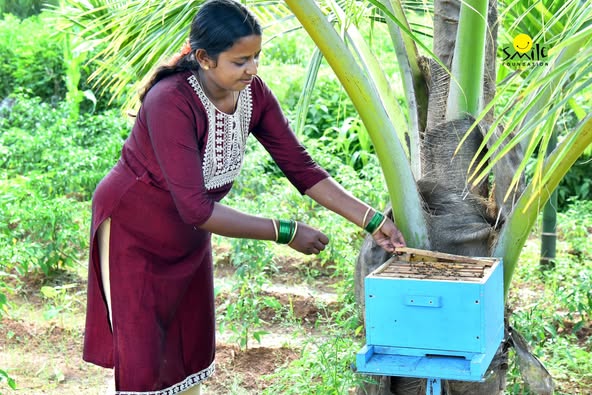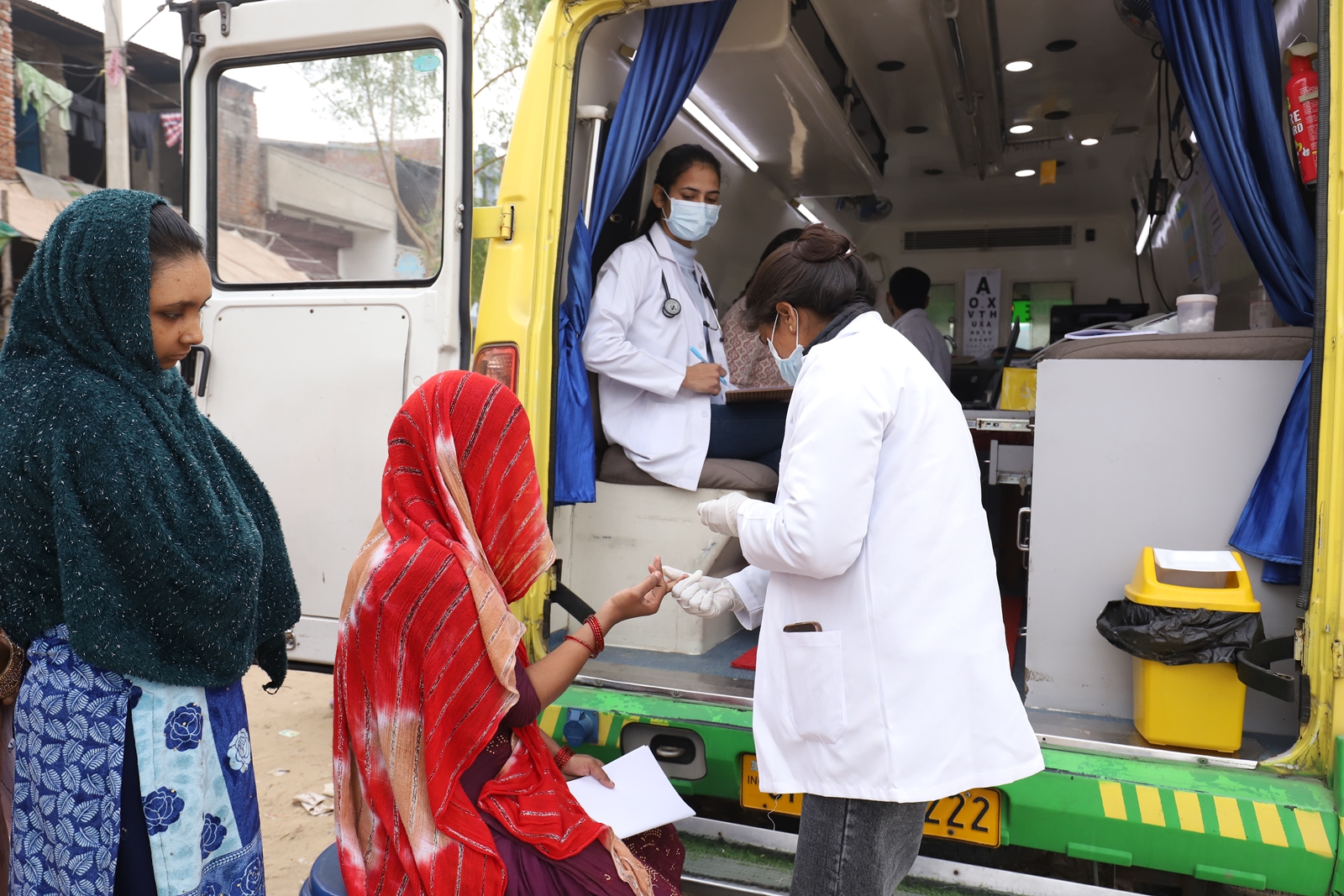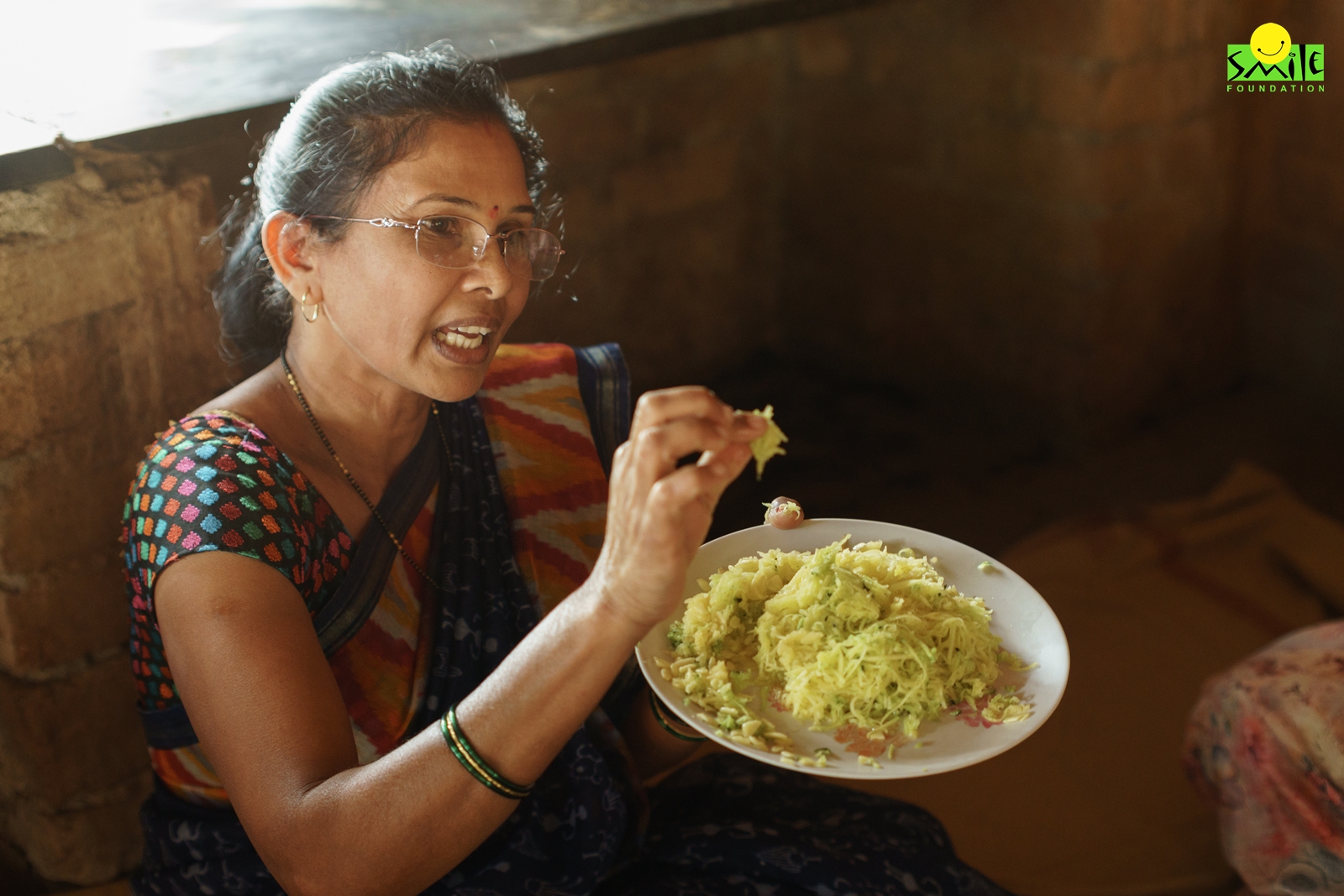The initial five years of a child’s development are vital for their health, well-being and the direction of their lives in many aspects. High-quality care during this period can establish a strong foundation for good health, proper nutrition, educational achievement, social and emotional growth, and future economic success. However, not everyone has the opportunity to access these essential resources.
Here is where Anganwadis came in; they play an important role in the nation’s campaign against malnutrition, striving to ensure equitable access to government programmes across all regions of India that address issues such as malnutrition, infant mortality, public health challenges, insufficient educational resources for children and preventable diseases.
Launched in 1975 as part of the Integrated Child Development Service (ICDS), this initiative focuses on combating child hunger and malnutrition. These community-focused centres address the health and nutritional requirements of children under the age of six, expectant mothers and nursing women. They offer services such as vaccinations, additional nutritional support, health assessments and preschool education. By enhancing the well-being of mothers and children, Anganwadi centres significantly contribute to better public health results, help decrease malnutrition and promote early childhood development, particularly in rural and disadvantaged regions.
Role of Anganwadi Centres
Despite challenges faced by Anganwadi centres and workers, before and during the pandemic they have time and again proven themselves to be assets in healthcare development in India. Some of their core areas of work include:
Early Childhood Education
Anganwadi centers offer early learning and cognitive development for underprivileged children under six by providing preschool education. This helps prepare them for formal schooling while promoting their social, emotional and intellectual growth in a supportive setting.
Monitoring Health Indicators of Mothers and Children
This encompasses dietary guidance, monitoring growth, meal plans, and health support. Anganwadi centers provide nutritious meals that include pulses, grains, oil, sugar, and iodised salt. Food rations are sometimes available to take home. The centres measure and track a child’s growth. Additionally, they help mothers satisfy their nutritional and health through psychotherapy, home visits and hands-on demonstrations.
Bridging Healthcare Access Gaps in Rural Areas
These centres help build crucial links between rural communities and healthcare services by making the services accessible and affordable. They also reduce the burden on urban healthcare services.
Impact on the Indian Healthcare Systems
Reducing Child Mortality and Malnutrition
Anganwadi centres are essential in the improvement of infant health by addressing malnutrition and its associated mortality. Supplementary nutrition is provided to alleviate undernourishment in young infants. These centres can promptly identify and address malnutrition through consistent health surveillance and their immunisation services substantially reduce the likelihood of preventable illnesses. Over time, these initiatives have resulted in a substantial decrease in infant mortality.
Supporting Health Awareness and Preventive Measures
Anganwadi workers are necessary for the purpose of educating communities about preventive health practices, including family planning, breastfeeding and hygiene. They promote the well-being of mothers and children by increasing awareness, which in turn allows families to make healthier choices and reduce the incidence of illness. This heightened awareness is instrumental in the prevention of disease and improves long-term health outcomes.
Supporting Mothers
Anganwadi centres play a vital role in alleviating fatigue, health issues, and stress for caregivers (mothers) by supporting one of their key responsibilities: nurturing their young children. This assistance allows them to have more time for their other daily activities and family responsibilities.
Challenges that Hinder Their Effectiveness
Despite their successes, Anganwadi workers in India, who are predominantly women, face systemic barriers and occupational challenges that hinder their effectiveness.
Insufficient Training
Anganwadi workers receive inadequate training in behaviour change strategies tailored for vulnerable populations, which limits their effectiveness in encouraging positive health practices.
Lack of Resources
The absence of essential medical tools and necessary supplies (including educational materials and medications) constrains their ability to tackle emerging health challenges.
Emotional Challenges
Addressing sensitive issues that effectively change mindsets and attitudes combined with limited resources places a heavy emotional burden on Anganwadi workers.
Financial Challenges
Low compensation (often in the form of honoraria rather than salaries), insufficient social security, and irregular payment schedules contribute to considerable financial struggles for Anganwadi workers.
Supporting the Anganwadi Centres for Better Outcomes
Anganwadi centres are part of the community and should be treated as such. From homes to lawmakers, strong advice and support are needed. Understand and solve each difficulty these centres confront, then develop plans and schemes to improve quality in each Anganwadi. Develop the skills of workers through training programmes customised to the need of the particular centres and where it functions. Technology can be utilised to create tools and aides that alleviate the burden of Anganwadi workers.
Additionally, workers can be provided with sufficient training to enhance the effectiveness of their work. For instance, assisting them in the digital maintenance of records, telemedicine and monitoring, and digital health information.
The strategic step towards a healthier future for all is the empowerment of Anganwadi workers through guidance, advanced training and monetary incentives. It is imperative that policymakers, healthcare providers and communities collaborate to guarantee that these workers are empowered to perform and succeed in their noble work.
Smile’s Work with Anganwadi Workers
Smile Foundation recognises the potential of Anganwadi centers in shaping India’s healthcare landscape, particularly for vulnerable communities. Through its healthcare initiatives, Smile Foundation actively supports and complements the efforts of Anganwadi workers, ensuring better health and nutrition outcomes for children and mothers. By conducting health awareness campaigns, distributing essential supplies and providing supplementary healthcare services, Smile Foundation helps bridge critical gaps in the existing system. Our programmes focus on empowering Anganwadi workers with resources and training, enabling them to tackle malnutrition, ensure immunizations and offer much-needed support to mothers in rural and underserved regions.
Aligned with the ethos of community-driven care, Smile Foundation integrates technology and innovative solutions to enhance the impact of Anganwadi centres. From digital health tools for record-keeping to mobile health vans delivering doorstep services, we amplify access to healthcare in remote areas. By working closely with Anganwadi centers, Smile Foundation ensures that holistic support—spanning early childhood education, maternal health and preventive care—reaches those who need it the most, thereby driving meaningful improvements in India’s healthcare system.









